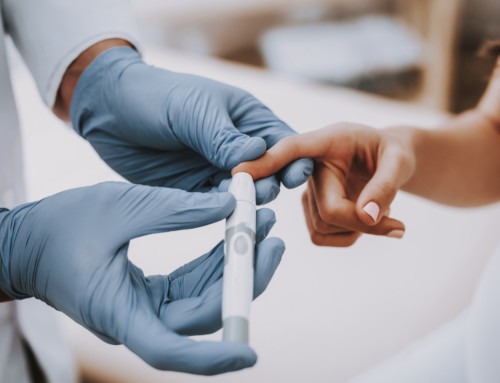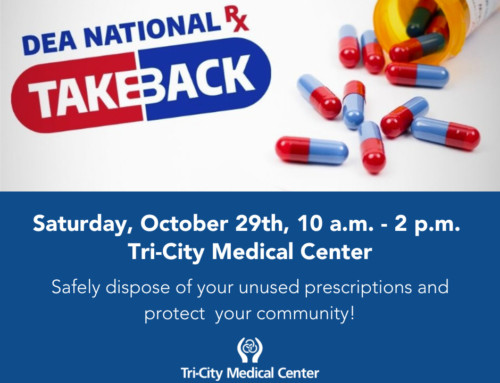Tri-City Medical Center experts identify and explain the importance of new research during Ukraine War
Generational trauma is a relatively new concept in the mental health world. It was first addressed in the 1960s when psychiatrists started noticing the affects the Holocaust had on the children of survivors of concentration camps. But according to Tri-City Medical Center (TCMC) Licensed Clinical Social Worker Stella Alatzas it wasn’t until the 1990s that generational trauma took off as a research topic.
Alatzas works for the Outpatient Behavioral Health Services department at TCMC and said she sees patients suffering from generational trauma often and most times they haven’t heard of the term. She said it is important to identify the patient’s symptoms, the cause of the trauma and empower them with that knowledge so they can heal. Generational trauma at its root is any traumatic experience that is stored in a person and gets passed down to their children.
Duke University explains it this way — if a grandmother was in a concentration camp in Germany and learned to cope by cutting off her emotions, she then interacts with her children and grandchildren with emotional distance. This leads to generations of defensive emotional behaviors and denial, repressing emotion. “Research shows that people who have been exposed to trauma activate certain genes, that were dormant, in order to survive the trauma.” Alatzas said that gene gets passed down to children, who never experienced this trauma, who then suffer from anxiety, depression or PTSD. The same explanation applies to refugees from Ukraine.
“Many individuals struggle with trauma, whether it’s from bullying, experiencing traumatic events, watching a loved one pass or childhood neglect and abuse,” Operations Manager for Behavioral Health Services Sarah Jayyousi said. “Some individuals experience more complex trauma, due to exposure to multiple traumatic events or repeated and ongoing trauma. This can occur in cases of child abuse, prolonged exposure to violence or related to experiencing injustice, racism and prejudice.”
Jayyousi said trauma can impact you psychologically and physically. “We may experience depression, significant anxiety symptoms, intrusive thoughts related to the events, difficulties sleeping and nightmares. This also impacts physical health, interpersonal relationships and ability to thrive and have a good quality of life. Seeing a therapist can play a critical role in helping individuals heal from this complex trauma. A holistic and trauma-informed approach where individuals can focus on reducing distress, learning coping skills, engaging in self-care and reducing cognitive distortions can help with healing. There is hope for everyone to heal and recover from PTSD.”
Alatzas said identifying a patient’s symptoms is key. Irrational fear of people, places, songs or events, or disassociation with these things could be a symptom of generational trauma. Overwhelming feelings of isolation, shame, guilt or low self-esteem could also signal generational trauma. Mental health professionals pull back the curtain so patients can identify where these feelings are rooted, asking questions like, “Is it a learned behavior from your parents or a condition of your up bringing?” These questions bring up whether their parents went through any traumatic experiences and unlock the answer to where these feelings are rooted.
Once a patient identifies if generational trauma has played a role in their life, Alatzas said that is when the healing can begin. “When we help them see this has been passed down it is empowering,” she said. Encouraging patients to shed the shame and responsibility and go back to their community and connect with their culture is often a powerful prescription. “Go back to your culture and find healing there, whether it’s art, storytelling or spirituality. You should seek out what your parents, or your grandparents did to heal.” Alatzas said it helps patients to see that others in their community have shared history and experiences.
“The first step is to recognize the trauma and what it has done to the individual, to the community, to their sense of belonging. When you recognize that then you can take steps toward healing.” Alatzas said. If you are experiencing any symptoms affecting your daily life, or want to speak with a professional about generational trauma call Tri-City’s Outpatient Behavioral Health Services at 760.940.5051.





